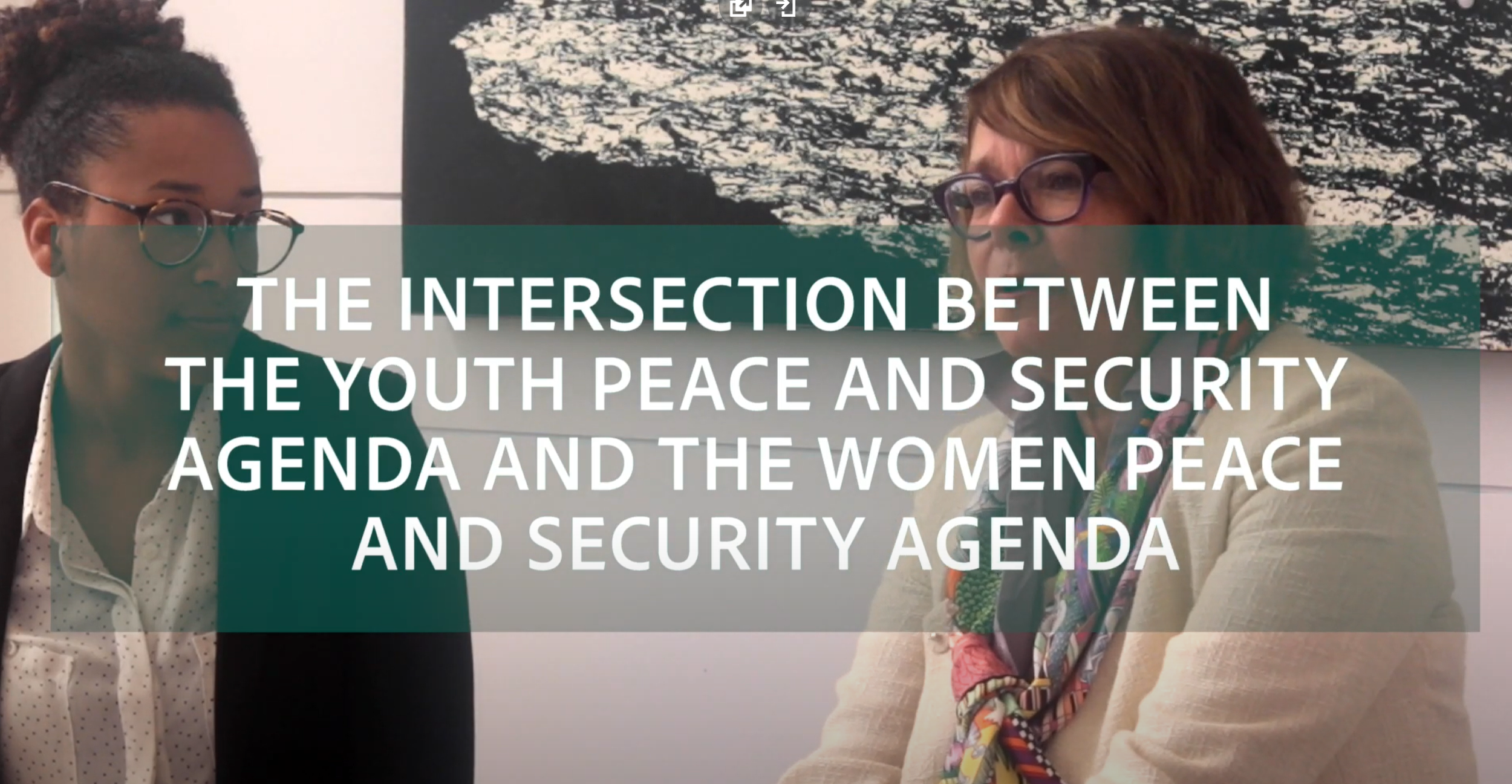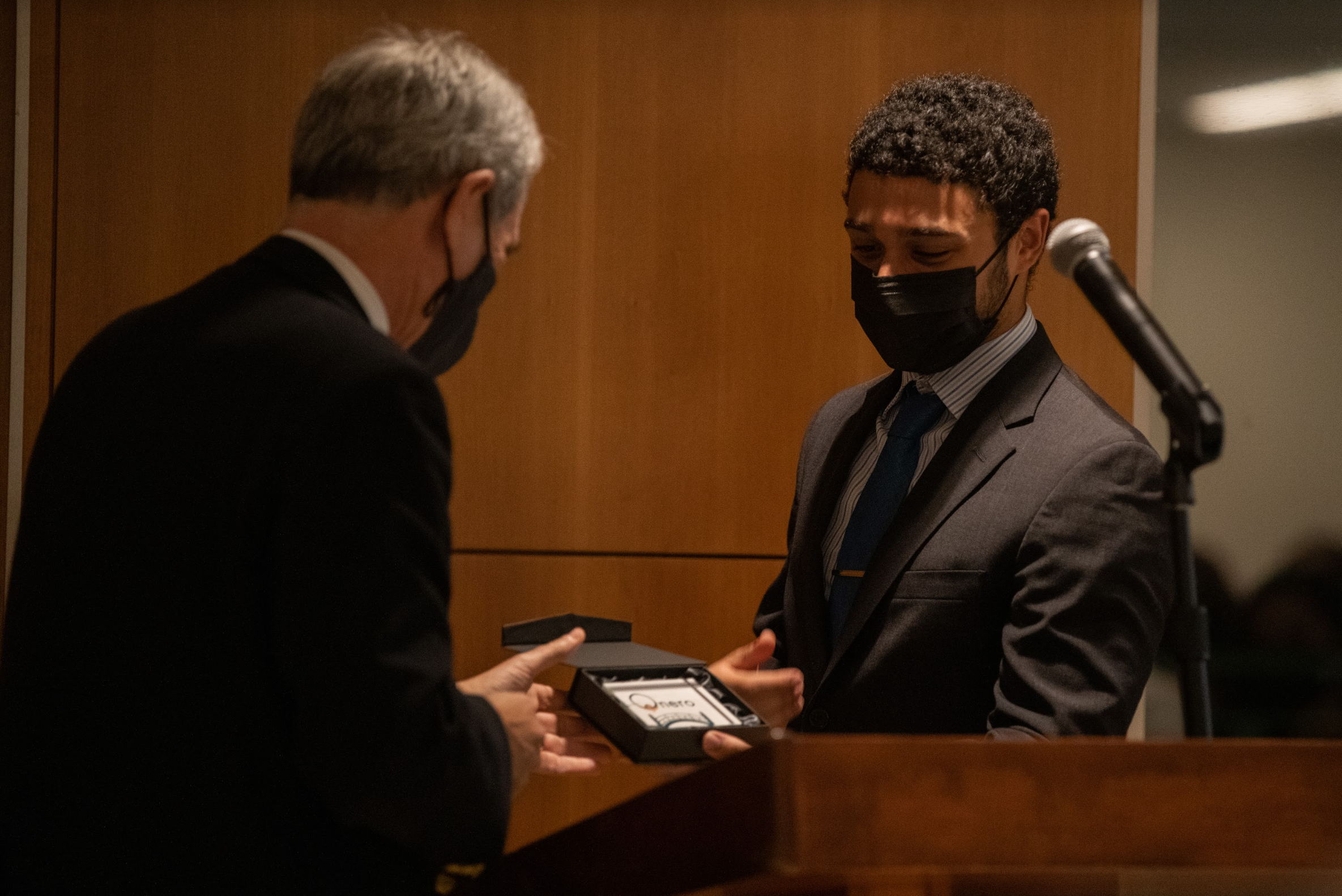
Research
Date Published
- March 2025
- February 2025
- January 2025
- December 2024
- November 2024
- October 2024
- September 2024
- August 2024
- July 2024
- June 2024
- March 2024
- February 2024
- October 2023
- March 2023
- February 2023
- January 2023
- November 2022
- October 2022
- January 2022
- November 2021
- October 2021
- August 2021
- July 2021
- March 2021
- September 2020
- August 2020
- July 2020
- February 2020
Filters to only view publications from a particular program:
Fear and the Fifth Column: Political Violence in the Two Koreas
The clash of Communism and Capitalism was the theme of the Cold War era, during which brutal civil wars between the two ideologies arose on all major continents, many of which are often accompanied by mass atrocities. Through analyzing the geopolitical implications of the partitioning of Korea, this article examines how a political border drawn by the United States and the Soviet Union resulted in mass killings by both governments on the Korean Peninsula.
Lenin Moreno’s Path to the Middle: An Institutional Development Model for Ecuador
This paper explores three development models and their impact on Ecuador’s development over the past 20 years. COVID-19 presents a huge crisis for the developing country - but also a chance to change. The institutional development model provides middle-ground institutional incrementalism. In a region battered by crisis, will Moreno consider a shift in his neoliberal crusade, or will the country continue to be engulfed in social unrest?
Relinquishing Taiwan: The Sino-American Grand Bargain
Currently, the United States theoretically maintains the ability to defend Taiwan using conventional force, thus potentially avoiding the need for an all-out nuclear war with China over the fate of the island. What happens if the status quo shifts and nuclear threats are the only way to protect Taiwan?
El Virus, el Bloqueo, y los Ideólogos: U.S. Sanctions on Venezuela and Pandemic Politics
U.S. justifications for increasing sanctions on Venezuela in recent months have been ideological as well as humanitarian. Venezuela, which has experienced a shocking descent into political and economic chaos over the past decade, has a history of emancipatory struggle and socialist revolution which informs every decision U.S. policy architects make when dealing with the turbulent country. Under President Trump’s administration, the strength of the United States’ capitalist and democratic convictions has collided with the authoritarian, centralized nature of the Maduro regime in a way that has exacerbated, rather than alleviated, the immense stress on the Venezuelan population. Combined with the devastating effects of the COVID-19 pandemic, these sanctions and ideological battles are proving deadly to the country’s citizens and its budding government opposition. The Critical Theory of International Relations demands that we as Americans re-evaluate our attitude towards Venezuela, keeping in mind the moral responsibilities we have to encourage freedom and justice. It is time to heed the call of a new moral expectation: to relieve Venezuelans’ suffering and rewrite our policies in a new era of global challenges.
Federalism in a Unitary Desert: Analyzing the Successes of Federal Political Structure in the United Arab Emirates
For much of its modern history, the Middle East has experienced widespread instability and low-legitimacy governance. However, since its independence in 1971, the United Arab Emirates (UAE) has managed to circumvent many of the obstacles that face other regimes in the region. The Emirati federal system sets the UAE’s government apart from its neighbors and presents an interesting model for federalism in the Middle East. Yet, the UAE benefits from unique circumstances that allow its federalism to act as a stabilizing factor.
The Indian Economy: Racing Forward or Holding Back
In this talk with Dr. Deepa Ollapally, Dr. Ajay Chhibber, and Dr. Pradeep Rau, we delve into the factors that have given India great economic growth in recent years, as well as the obstacles that have caused its severe economic challenges today. By analyzing the current state of politics and development on the subcontinent and India’s place in the global market, we will discuss how the Indian economy may evolve in the coming decade.
Increased Involvement in Peace and Security
This interview is a conversation with Dr. Chantal de Jonge Oudraat, the President of Women in International Security, and Nadia Crevecouer, former Senior Program Assistant. In the interview the two discuss the UN Security Council Resolution 1325, the Women Peace and Security Agenda, as well as UNSCR 2250, the Youth Peace and Security Agenda. Learn more about the intersection between the two agendas and the significance of women and youth involvement in peace and security affairs.









